
What is KC Mark Certification?
Introduction to kc certification:
KC Certification (Korea Certification) is Korea's safety certification system for electrical and electronic products. It was implemented by the Korea Agency for Technology and Standards (KATS) based on the Electrical Appliances Safety Control Act starting January 1, 2009.
KCC stands for Korean Communication Certification, which is overseen by the Korean Communications Commission (KCC). KCC certification is a mandatory certification for telecom equipment and products based on Korea's Basic Telecommunications Law and Radio Waves Act. KCC certification covers electromagnetic compatibility requirements for information products and regulates wireless transmission and communication products, including electrical communication equipment, wireless RF products, and IT equipment. The KCC mark is issued by the Korea Radio Research Agency (RRA).
To make it easier for consumers to understand the certification marks on purchased products and to reduce the various certification costs for manufacturers, the Ministry of Knowledge Economy (MKE) of Korea started implementing and adopting the national unified KC mark in July 2009. The new KC mark stands for Korea Certification and will eventually unify the 13 mandatory marks into one, reducing certification costs for suppliers and helping the KC mark become a global certification standard.
KC Certification Categories:
Korea KC certification is divided into KC Safety, KC EMC, RF, and MEPS.
2.1 KC Safety:
To prevent consumer safety accidents such as electric shock and fire, the Electrical Appliances Safety Management System was implemented. Only certified products are allowed to be manufactured and sold. The latest Electrical Appliances Safety Control Act divides KC Safety certification into three categories based on product hazard levels:
- Mandatory Safety Certification (Safety Certification): Requires factory certification, initial factory inspection, and annual audits to maintain certification validity.
- Self-regulatory Safety Confirmation: Certificate valid for 5 years.
- Supplier’s Declaration of Conformity (SDoC): No certificate validity period.
Note: For safety certification, a CB certificate can be applied for domestically and then converted to a Korean KC safety certificate through CB + local deviation.
2.2 KC EMC and KC RF:
Ensure that equipment meets EMS (electromagnetic susceptibility) and EMI (electromagnetic interference) requirements. KC EMC and KC RF certification includes electromagnetic compatibility testing, wireless RF, and telecom testing. According to the latest Radio Waves Act, the certification system is divided into three categories based on the product's radio environment hazard level:
- Conformity Certification (COC)
- Compatibility Registration (ROC)
- Interim Certification (IOC)
Note: KC emc certification is issued by Korea's RRA and requires testing in Korea or in labs with a Mutual Recognition Agreement (MRA) with Korea. Currently, Korea has MRA agreements with the US, EU, Canada, Vietnam, and Chile.
2.3 MEPS (Minimum Energy Performance Standards):
MEPS labels indicate the energy efficiency of products, providing necessary information for consumers to make informed purchasing decisions and choose energy-efficient products. Energy efficiency is mandatory in Korea, and 35 categories of products on the mandatory list must comply, requiring local agent certification.
Scope of KC Certification:
KC certification applies to electrical products ranging from 50VAC to 1000VAC. Products that must comply with safety certification requirements and others need to apply for self-regulatory safety confirmation.
(A) Safety Certification Electrical Products:
- Cables and wires
- Electrical switches
- Capacitors and power filters
- Electrical equipment components and connectors
- Electrical protection devices (e.g., fuses, breakers)
- Household insulation transformers
- Household appliances (e.g., vacuum cleaners, irons) with rated output power below 10kW, excluding explosion-proof and medical devices
- Power tools
- Audio and video equipment (e.g., power supplies, copiers, UPS)
- IT and office equipment (e.g., monitors, printers, projectors, scanners)
- Lighting machines
(B) Self-Regulatory Safety Confirmation Products (95 categories):
- Electrical control terminals
- Household insulation transformers
- Household appliances with rated output power below 10kW, excluding explosion-proof and medical devices
- Audio and video equipment (e.g., TVs, VCRs, tuners)
- IT and office equipment (e.g., monitors, printers, projectors, scanners)
- Lighting machines
KC Certification Documents:
1. Application form
2. Product manual (in Korean)
3. Factory survey form
4. Electrical schematic
5. Labels
6. List of key components and certificates
Email:hello@jjrlab.com
Write your message here and send it to us
 ASTM D4169 Drop Test
ASTM D4169 Drop Test
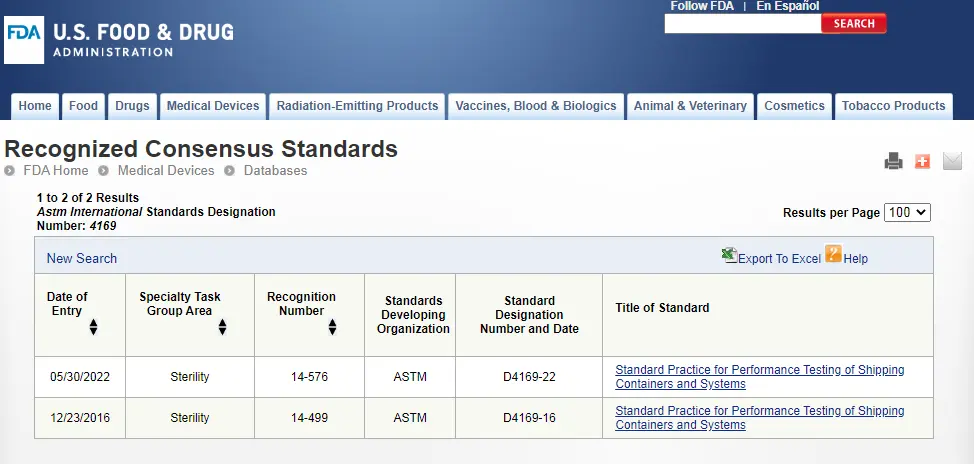 ASTM D4169 Packaging Simulation Transportation Tes
ASTM D4169 Packaging Simulation Transportation Tes
 What is ASTM D4169 Testing?
What is ASTM D4169 Testing?
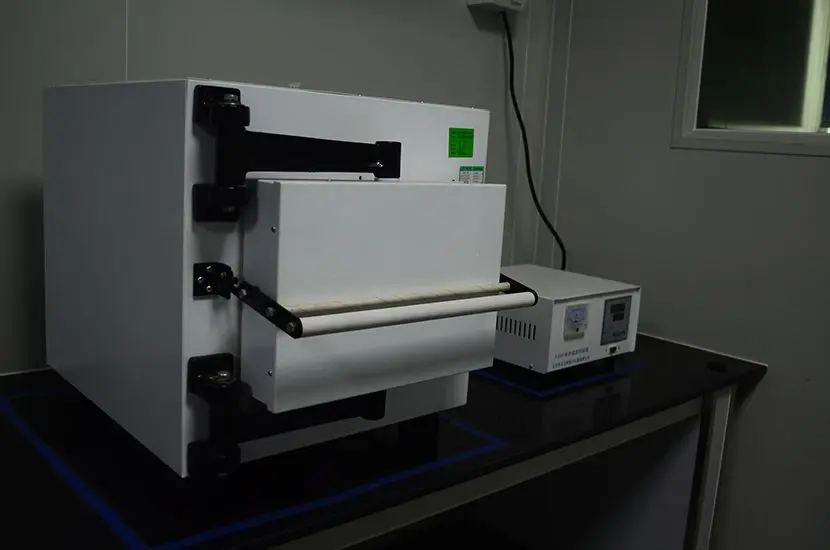 ASTM D4169-23 Test Standard Revision
ASTM D4169-23 Test Standard Revision
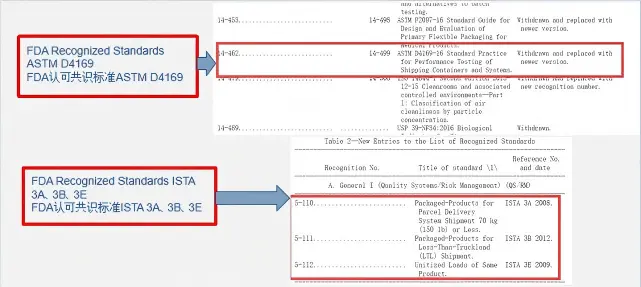 Transport Simulation Testing for Medical Device Pa
Transport Simulation Testing for Medical Device Pa
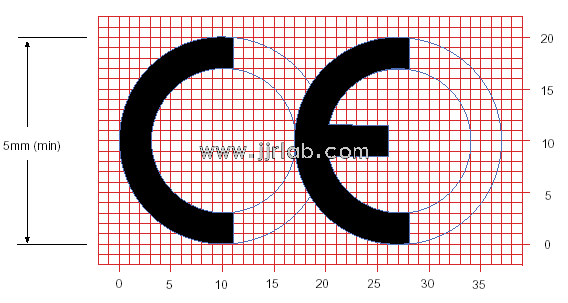 EU CE Certification Guidelines for Lighting Fixtur
EU CE Certification Guidelines for Lighting Fixtur
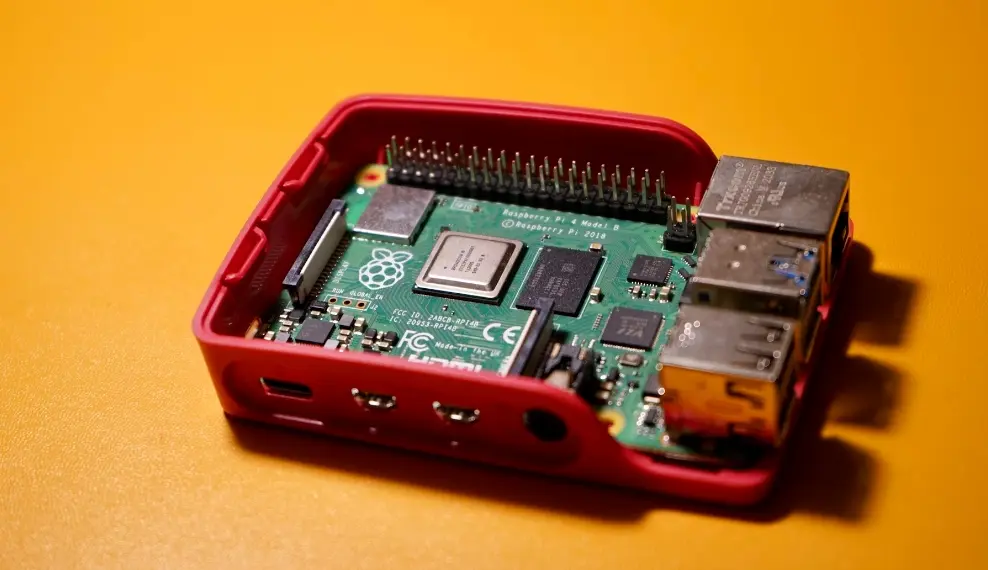 Lithium Battery Export: CB Certification & IEC
Lithium Battery Export: CB Certification & IEC
 How to Apply for One FCC Certificate for Multiple
How to Apply for One FCC Certificate for Multiple
Leave us a message
24-hour online customer service at any time to respond, so that you worry!




